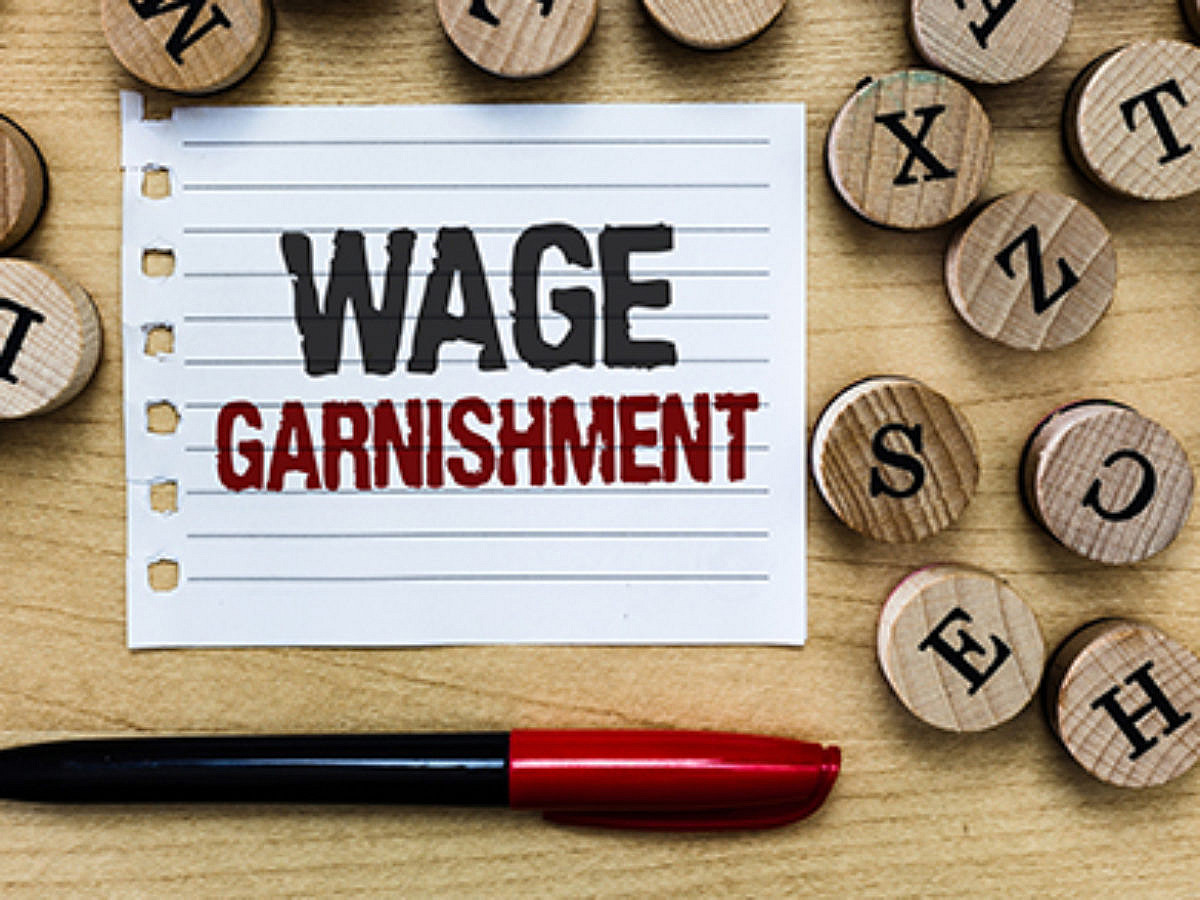If you owe back taxes to the Internal Revenue Service (IRS), they may use wage garnishment as a tool to collect the debt. In this article, we’ll discuss what you need to know about IRS wage garnishments.
What is an IRS Wage Garnishment?
An IRS wage garnishment is a legal action taken by the IRS to collect unpaid taxes. When the IRS issues a wage garnishment, they notify your employer to withhold a portion of your wages to pay off your tax debt.
How Does an IRS Wage Garnishment Work?
Here’s what you can expect if the IRS issues a wage garnishment:
1. Notification:
The IRS will send you a notice of intent to levy and a notice of your right to a hearing at least 30 days before they begin garnishing your wages.
2. Employer Notification:
The IRS will also notify your employer to start withholding a portion of your wages to pay off your tax debt.
3. Withholding Amount:
The amount withheld from your wages will be determined by a complex formula that takes into account your filing status, number of dependents, and other factors.
4. Duration:
An IRS wage garnishment will continue until the entire tax debt, including penalties and interest, is paid in full or until the garnishment is released.
What Are Your Rights in an IRS Wage Garnishment?
If the IRS issues a wage garnishment, you have the right to:
- Receive a notice of intent to levy and a notice of your right to a hearing at least 30 days before the garnishment begins.
- Request a Collection Due Process hearing to challenge the garnishment.
- Seek a release of the garnishment if you can show financial hardship.
- Negotiate a payment plan or offer in a compromise to resolve your tax debt.
What Should You Do If You’re Facing an IRS Wage Garnishment?

If you receive a notice of intent to levy, it’s important to take action to avoid an IRS wage garnishment. Here are some steps you can take:
- Contact the IRS to discuss your options for resolving your tax debt.
- Consider hiring a tax professional to represent you in negotiations with the IRS.
- Be prepared to provide documentation to support your financial hardship claim, if applicable.
- Respond to the notice of intent to levy within the specified timeframe to avoid the garnishment.
Conclusion
An IRS wage garnishment can be a stressful and overwhelming experience. Understanding your rights and options can help you navigate the process and avoid additional financial hardship. If you’re facing an IRS wage garnishment, consider seeking professional guidance to help you resolve your tax debt.




